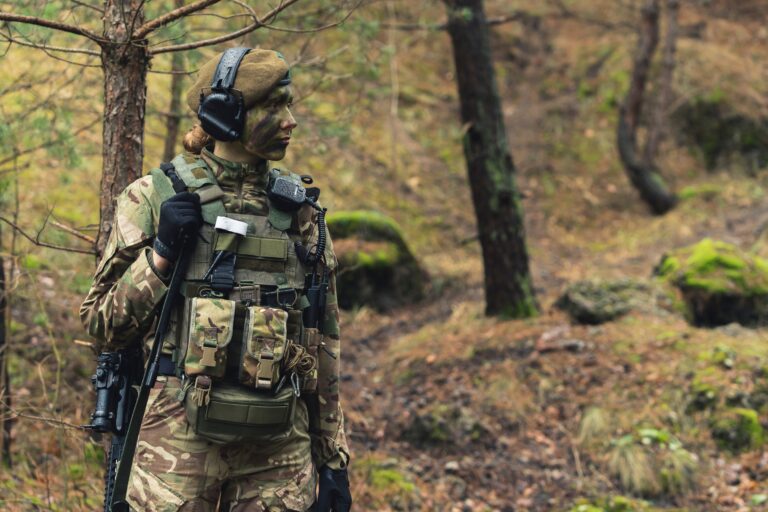MoD apologises over Snatch Land Rover death in Iraq
Defence Secretary Sir Michael Fallon has apologised to the family of Private Philip Hewett, a young soldier killed by a roadside bomb in Iraq. He was travelling in a lightly armoured Snatch Land Rover at the time.
In total, 37 service personnel died in the vehicles in Iraq and Afghanistan. This death toll led the vehicles to become known as “mobile coffins”.
Private Hewett’s family was one of a number of families who brought claims against the government for the deaths of their loved ones whilst in these vehicles. After a 12 year legal battle, the MoD has now settled these claims.
In a written apology to Sue Smith, Private Hewett’s mother, Sir Fallon apologised for failures that “could have saved lives”.
Lengthy legal battle
In June 2013 the Supreme Court paved the way for Private Hewett’s family and the families of two other soldiers killed in Snatch Land Rovers to bring compensation claims against the MoD.
The bereaved families argued that by failing to provide adequate training and equipment the MoD had breached the right to life of those killed – a right guaranteed under the Human Rights Act – and also failed in its duty of care towards the soldiers.
The MoD argued that the Human Rights Act could not apply to soldiers serving outside the UK and that it was exempt from liability because of the principle of ‘combat immunity’. This principle normally provides an exemption to the MoD from being liable for acts of negligence where these relate to death or injury in combat.
However, in a landmark ruling in June 2013 the Supreme Court held that the Human Rights Act could apply to combat situations and that decisions about the procurement of equipment and training of soldiers would fall outside the scope of combat immunity. This meant that the families of those killed could pursue civil claims for compensation against the MoD.
Chilcot Report
Published last year, the Chilcot report made it clear that the Ministry of Defence knew about the vehicle’s vulnerability and failed to take action, concluding amongst other things that:
“The government must and will ensure that our armed forces are always properly equipped and resourced.”
In his written apology to the family, Fallon said that the UK government “entirely” accepts the findings of Sir John Chilcot’s report in relation to Snatch Land Rovers, saying:
“I would like to express directly to you my deepest sympathies and apologise for the delay, resulting in decisions taken at the time in bringing into service alternative protected vehicles which could have saved lives.”
Challenges ahead
Whilst the legal battle is now over for the Snatch Land Rover families, challenges lie ahead for service personnel injured in the course of combat. We are still approached by many service personnel who have been injured because of failures in equipment, planning and training and who have not been properly compensated for their losses.
Last year the government announced plans to remove human rights protections in battle zones, promising instead fair compensation through a statutory scheme. We know from experience that the compensation we achieve for our clients who have been injured as a result of negligence is significantly higher than payments made under the current statutory scheme, the Armed Forces Compensation Scheme.
My colleague, Rhicha Kapila, has written about the concerns raised by this proposal here.
Whether the government is truly committed to fair compensation remains to be seen as details of the scheme are awaited following a broad consultation earlier this year.










